The Birkbeck Institute for the Study of Antisemitism holds seminars, workshops and conferences for scholars, and lectures, discussions and film screenings that are open to everyone.
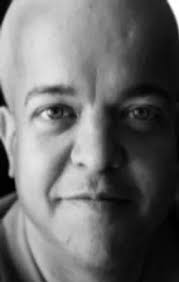
Professor Tom Shakespeare will discuss the international eugenics movement before and after 1900, and the euthanasia it resulted in during the Nazi regime.
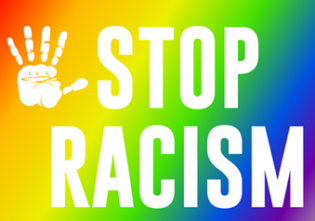
Recent controversies over antisemitism on the UK and US left have revealed vulnerabilities in anti-racist practice. One of the most significant is a reluctance to fully engage with the ways in which ethno-religious identities can also be political identities.
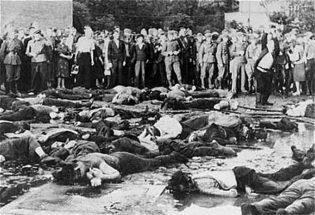
Professor Fulbrook analyses the conditions under which people were more or less likely to show sympathy with victims of persecution, or to become complicit with racist policies and practices.

Amelia Gentleman, award-winning journalist, discusses the Windrush scandal and her role in exposing the government’s ‘hostile environment’ policy.
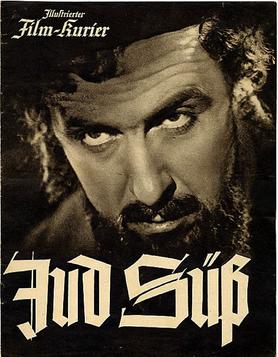
This double bill of two rarely-screened films, produced in the era of Nazi power promises to be a thought-provoking and troubling event. A panel discussion about both films will follow the screening.
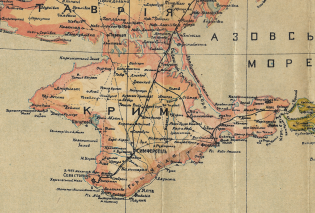
This talk examines how the genocidal violence that engulfed the region right after the Russian Revolution laid the groundwork for the Holocaust.

What do the fate of these houses and the extraordinary art collections that once embellished them tell us about the changing place of Jews and Jewishness in Britain in the nineteenth and twentieth centuries?
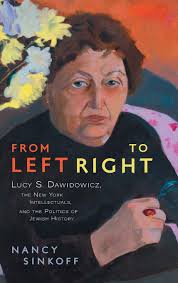
Nancy Sinkoff will explore how the life of Lucy S. Dawidowicz provides a window on to the major events and questions that shaped Jewish life in the twentieth century.

David Feldman and Stefanie Schüler-Springorum explore the origins and history of racial conceptions of antisemitism, and reflect on their significance today.
Image: Schoolwork produced in Nazi Germany representing the antisemitic and racist Nuremberg Laws of 1935. Wiener Holocaust Library Collections.
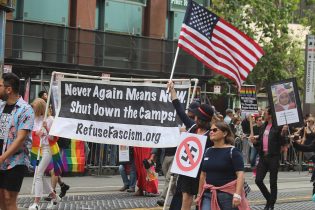
For the last four years there has been an intensified debate—at least in Europe and North America—about the ethics and politics of historical comparison. Michael Rothberg offers preliminary reflections on this spate of recent controversies while also situating them in relation to selected earlier disputes.
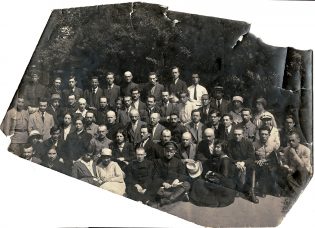
By examining pogroms committed by the Red Army, Dr Brendan McGeever reveals the explosive overlap between revolutionary politics and antisemitism, and the capacity for class to become racialized in a moment of crisis.
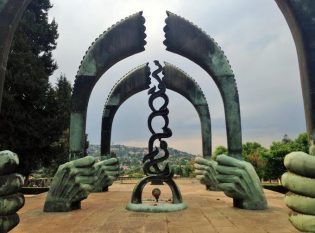
Drawing on historical materials and contemporary interviews, Shirli Gilbert will explore Jews’ diverging perspectives on victimhood: their own victimhood, that of others, and how the two may or may not intersect.
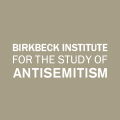
The Birkbeck Institute for the Study of Antisemitism is the only centre in the UK, and one of only two centres in Europe, whose mission is to promote understanding of antisemitism.